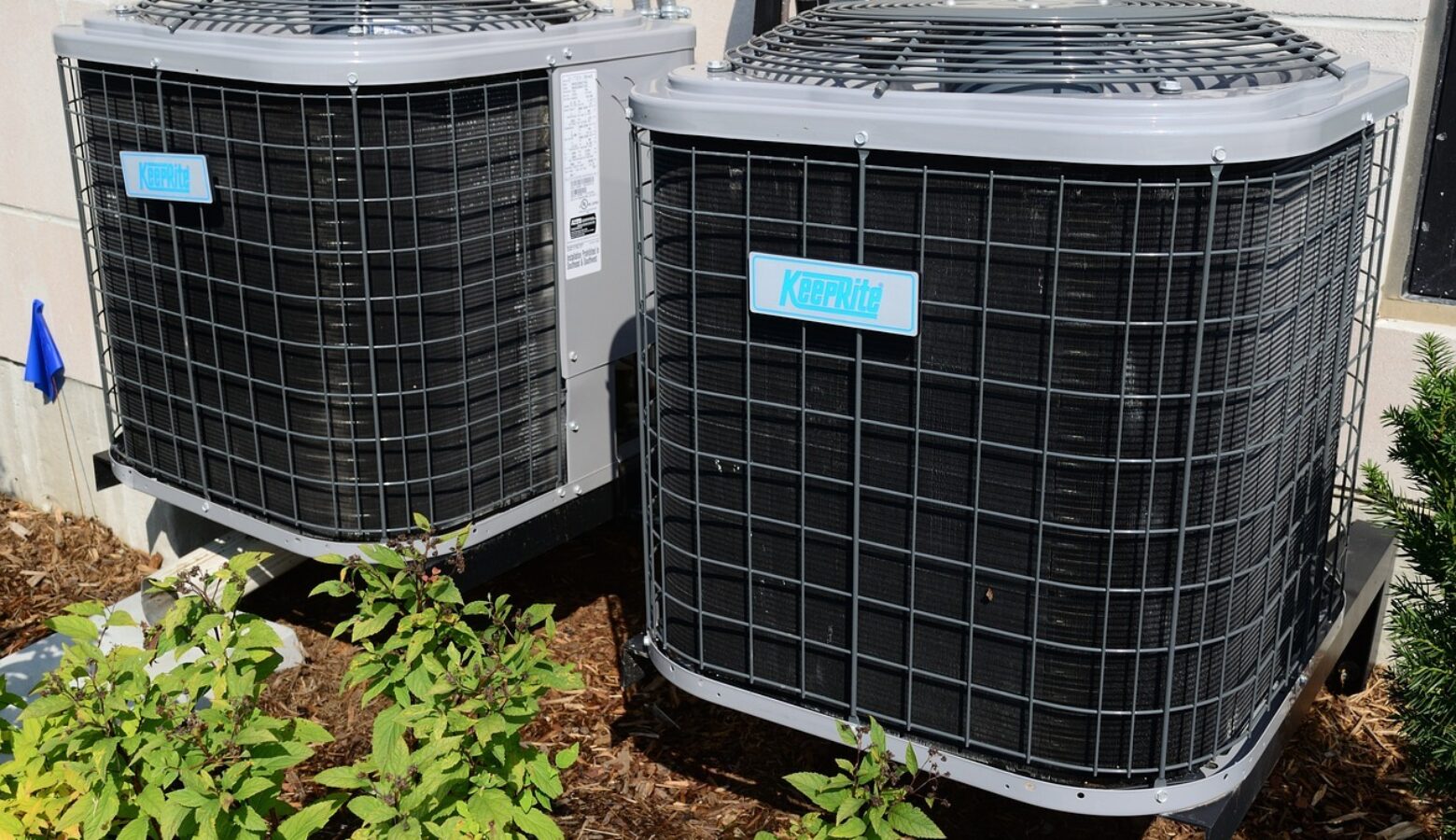How can policymakers, property owners keep heating and cooling systems energy efficient?

What can property owners and legislators do to ensure energy efficiency for heating and cooling systems as the state deals with higher temperatures? One member of our audience inspired this question.
David Konisky is a professor at the O’Neill School of Public and Environmental Affairs at Indiana University. He said homeowners and landlords who want to keep their current energy systems should continue to properly maintain them.
“Maintaining those systems is kind of the easiest way to be sure that they are operating as efficiently as possible,” he said.
Konisky said one of the best ways to efficiently use energy is to invest in a new, more efficient system.
“For homeowners and landlords who want to invest in new systems as another way to reduce energy consumption while still gaining the positive uses of those energy in terms of cooling and heating, newer systems are much more efficient,” he said.
Konisky said more modern systems can also integrate environmentally friendly approaches that rely less on fossil fuels.
“An alternative approach is to begin to think about replacing conventional air conditioners and/or natural gas furnaces, which are pretty common in the state, with things called a heat pumps, which operates on electricity,” he said. “They provide both cooling and heating as part of one system. And they’re super energy efficient.”
READ MORE: Summer nights are heating up in Indiana — and that’s bad for your health
Join the conversation and sign up for the Indiana Two-Way. Text “Indiana” to 765-275-1120. Your comments and questions in response to our weekly text help us find the answers you need on climate solutions and climate change at ipbs.org/climatequestions.
Konisky said from a policy standpoint, it can be helpful for lawmakers to put in efficiency standards.
“The government has responsibility and has done this over many years to sort of upgrade those standards so that newer systems are increasingly efficient,” he said. “That has benefits for consumers and has benefits for the environment.”
Konisky said cost can be a concern when updating these standards, but that certain tax rebates or changes in tax codes can be offered to offset costs.
“Through the Inflation Reduction Act, for example, there are tax rebates that take off some of the cost of this investment to make it more affordable for consumers,” he said.
Konisky said cleaning up the electric grid with more efficient energy systems can also reduce the emission of greenhouse gasses and improve air quality.
Violet is our daily news reporter. Contact her at [email protected] or follow her on Twitter at @ComberWilen.


